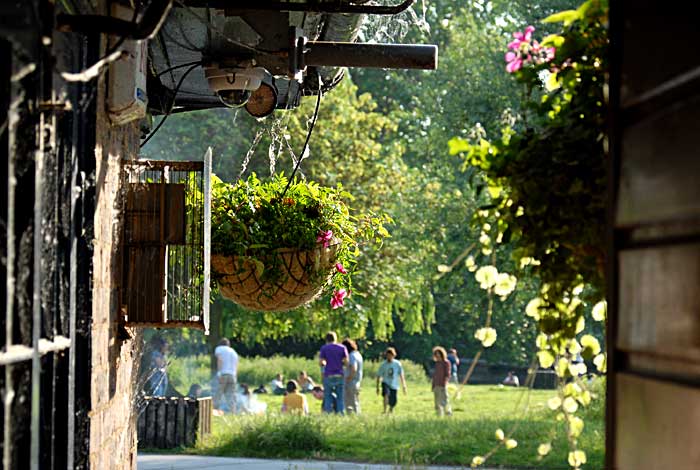Well, well. What a surprise. Yahoo! shareholders reject call for greater internet freedom
Yahoo! shareholders have rejected a plan that called for greater freedom of access on the internet in countries such as China.
At the search engine’s annual general meeting in California, just 15.2pc of shareholders supported the motion to oppose restrictions on access to websites. A second resolution to create a corporate board committee on human rights was also rebuffed, winning just 4pc of the vote.
Public companies don’t do ethics for the same reason that my cats pay no attention to exhortations to be nice to mice and fledglings. At best, companies obey the (local) law. Everything else is posturing for PR purposes. That’s why it was naive to expect Google to do the right thing in China.




